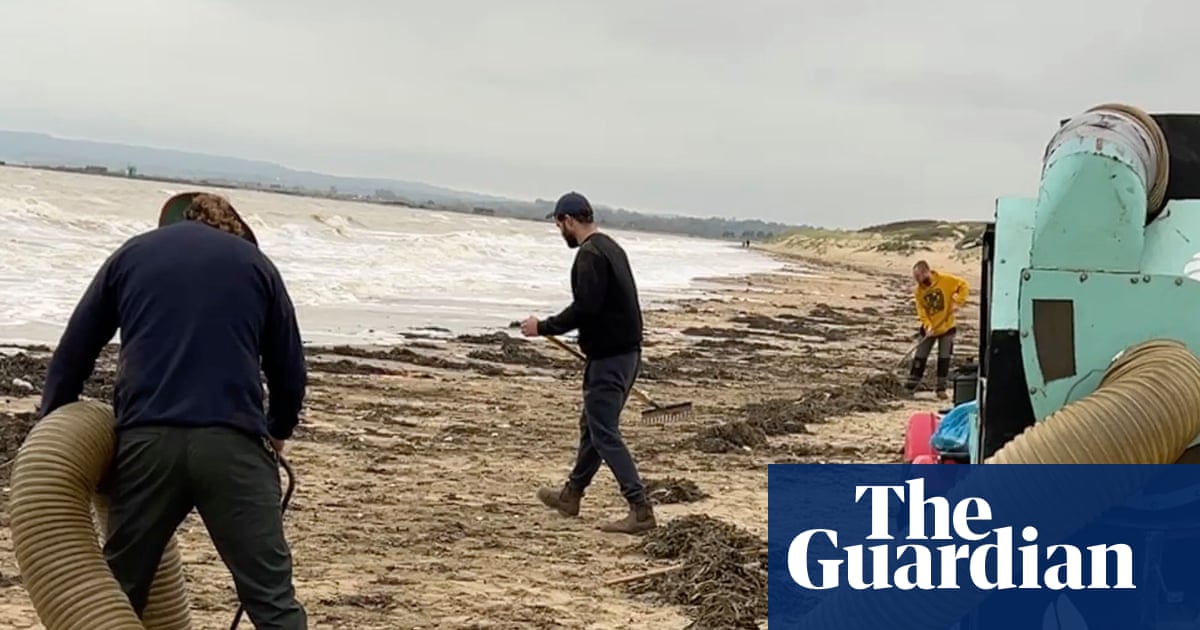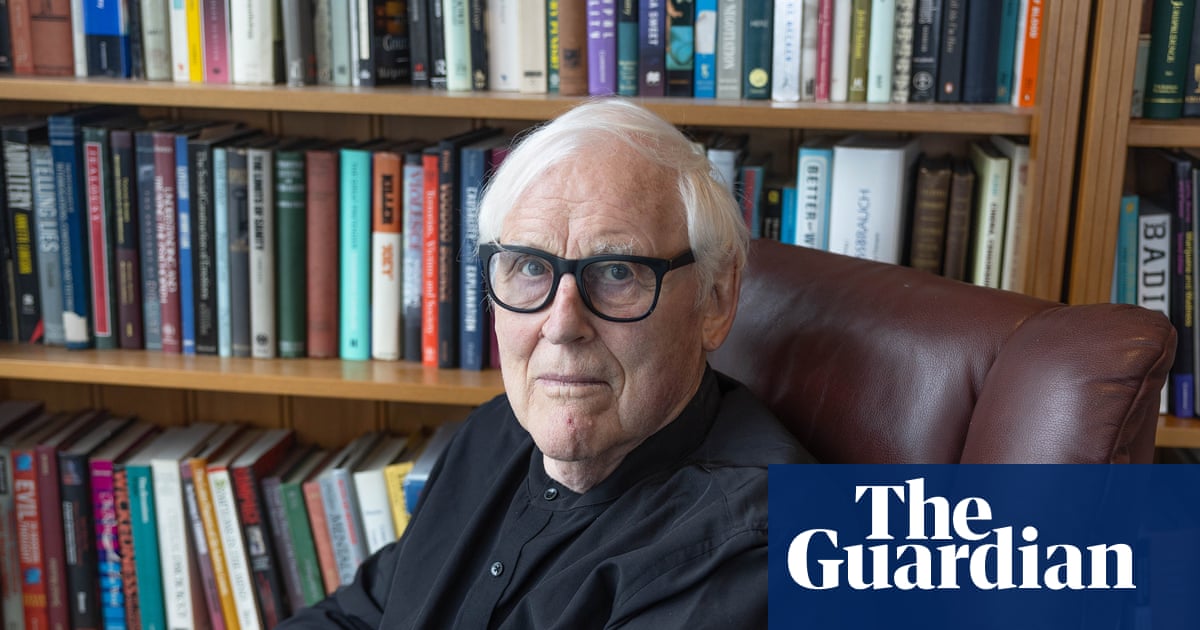For Mum (NB: not in a passive aggressive way)” reads the dedication at the beginning of this distinctive debut. It gives us a promising flavour of the voice with whom we’ll be spending the next 340 pages.
The story begins with deceptive simplicity: “Once upon a time, I had seven dads in seven years. This is the story of those years.” The narrative has a section for each “dad”, charting Andrev’s tumultuous childhood and teens as his mother’s boyfriends come and go, all of them disappointing and disruptive, and several of them violent. The dads are named for their dominant trait in young Andrev’s eyes: so we get the Plant Magician, the Thief, the Murderer, the Artist, among others.
It is billed as a novel but we’re in ambiguous territory here. The story is heavily autobiographical, based on Walden’s own childhood experiences. The narrator tells us: “If anything sounds made up, then you can be sure that it is true.” Instead, the inventions are “tucked away in the most mundane parts – like the colour of a cushion”. So we have two Andrevs involved, the child whose bewildered, coming-of-age adventures we follow, and the “real” Andrev, whose name is on the front cover. Metafictional interjections pepper the narrative, the authorial voice frequently intruding to comment on its own decisions, such as Andrev’s observation on the very first page: “I shouldn’t start there. (I have most assuredly already done so, but I think the attempt should remain, given its aptness as a bridge to a dramaturgical arc.)” These postmodern flourishes could have felt grating, but the narrative voice has more than enough wit and charm to carry them off.
It’s easy to see why the book has been such a hit in Walden’s native Sweden, where it was the bestseller of 2023 across all genres and won the August prize, Sweden’s most prestigious literary award. Walden’s instinct for observation and his ear for prose are flawless. His understated humour is particularly winning. Going to stay with relatives, Andrev is amazed by the number of cousins in the house: “There are so many rooms and so many cousins that I keep finding new ones. It’s like opening doors on an Advent calendar – wow, here’s another cousin.” And then, a few pages later: “When we return to the apartment on Tomtebogatan, new cousins have emerged from the walls.” (He hasn’t yet realised that his aunt is a childminder.)
But for all its humour, there is a terrible bleakness at the novel’s core. The men are, almost without exception, selfish, violent, dishonest or cruel; sometimes all of these at once. It is characteristic of Walden’s restraint that one of the most chilling moments in the novel is barely more than an aside, a reference to the friend of Andrev’s mother, Little Cloud, whose ex-boyfriend turned up at her door one night: “He didn’t want to talk. He didn’t even want to come in. All he wanted was to hit her on the head with the hammer and that he did, wordlessly. That’s how she got the hole in her head and learned to hate men.” The childish offhandness with which this moment is treated makes it all the more disturbing.
Of all the dads, the brilliantly drawn Plant Magician looms largest in the narrative. Some of the others have a tendency to blur into one another (the book might also have been called Bloody Awful in Pretty Similar Ways). But it’s not really about the dads anyway. It’s about Andrev, and, to a lesser extent, his vulnerable and resilient mother.
Beyond the structural device of the seven dads, Walden resists any easy narrative hooks; Andrev warns us not to “harbour expectations of an unexpected twist – this story lacks such inclinations”. Instead, Walden trusts to the precision and flair of his writing alone, and for the most part this decision is vindicated. It is true that the momentum dissipates somewhat in the final third (I could probably have done with one or two fewer dads, but since we’re in the realm of semifictionalised memoir, this is a bit much to ask). However, the writing remains so sharp, so beguiling, so acutely observed that by this point I was willing to follow Andrev/Andrev pretty much anywhere.
Rebecca Wait’s Havoc is published by Riverrun.
after newsletter promotion

 3 months ago
78
3 months ago
78

















































